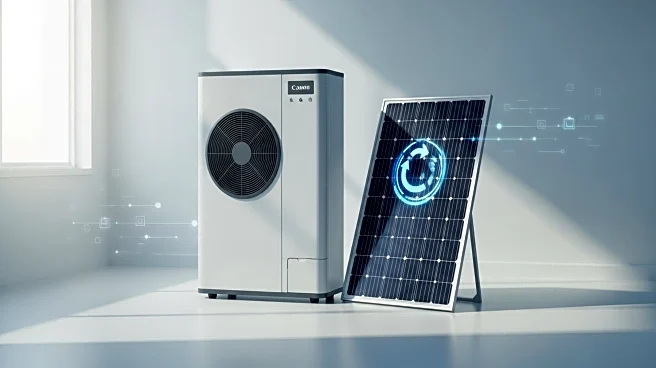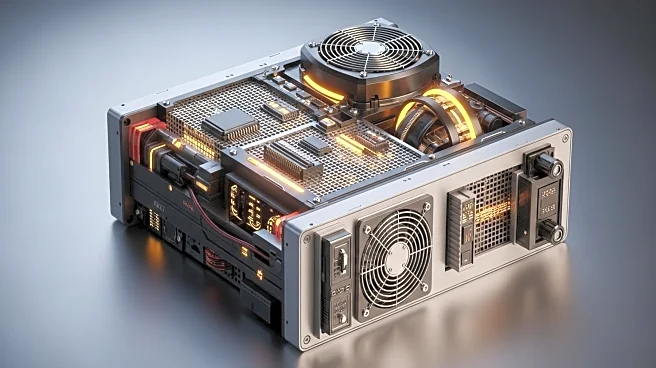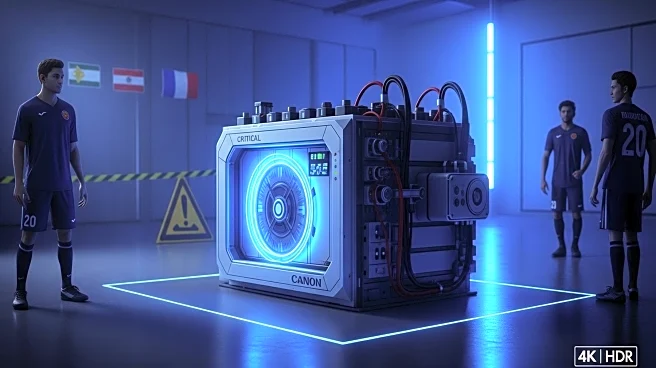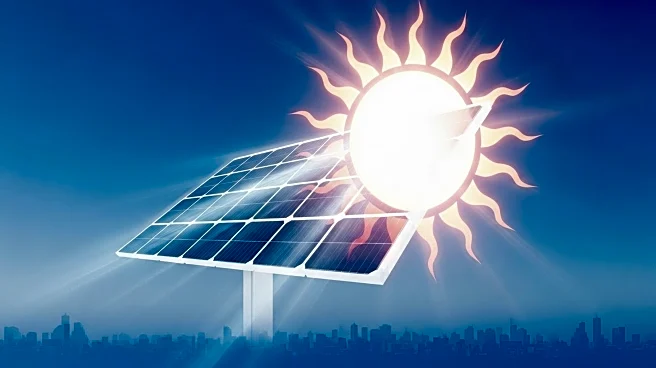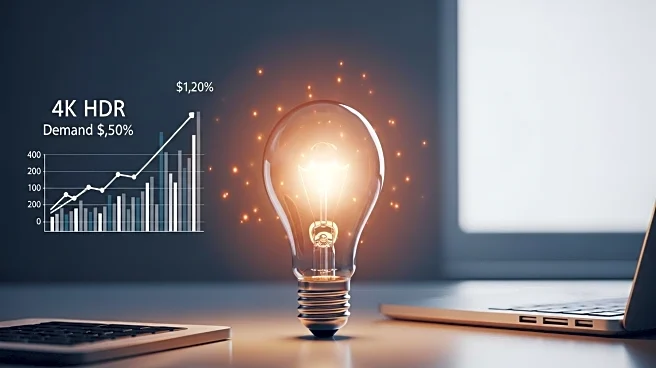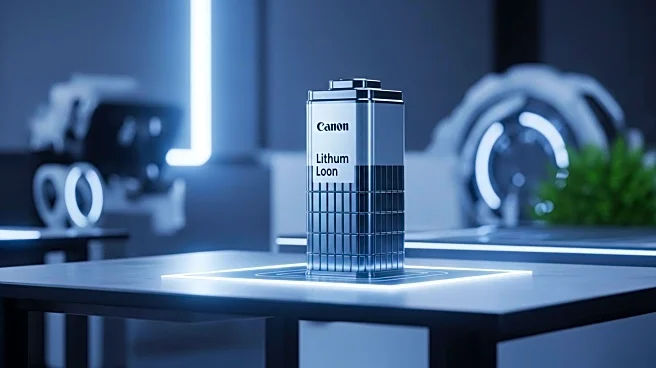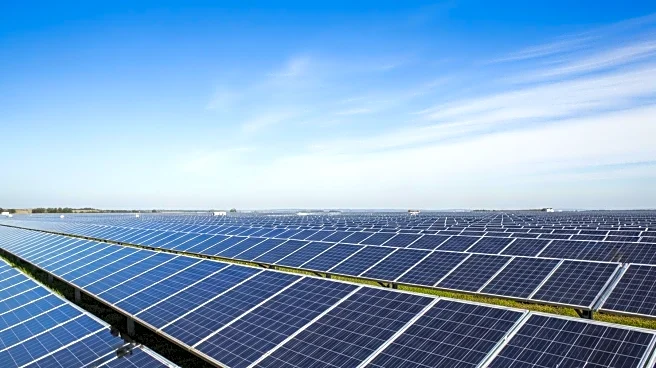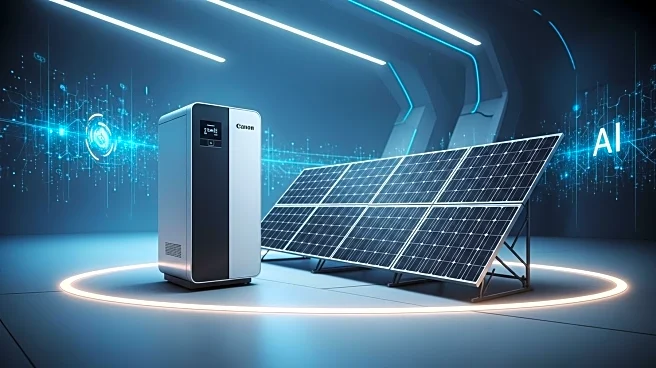What is the story about?
What's Happening?
A report by Rewiring America suggests that investments in residential heat pumps, batteries, and solar arrays could meet the projected electricity demand growth from AI data centers through 2029. The report proposes that large tech companies could unlock over 93 GW of grid capacity by subsidizing heat pump upgrades and solar installations. This approach could offer a cost-effective alternative to building new gas power plants, potentially offsetting the loss of federal energy tax credits and supporting a more efficient power system.
Why It's Important?
The findings highlight the potential for residential energy investments to play a significant role in meeting the growing power needs of AI data centers. By focusing on distributed energy resources, tech companies can contribute to a more sustainable and resilient power infrastructure. This approach could reduce reliance on fossil fuels and mitigate the environmental impact of large-scale data centers. It also offers a way to address rising electricity prices and support consumer-friendly energy solutions.
What's Next?
Tech companies and utilities may explore partnerships to implement the proposed energy investments, focusing on residential heat pumps and solar installations. The initiative could lead to new business models and collaborations aimed at enhancing grid capacity and efficiency. Stakeholders, including policymakers and environmental groups, may advocate for supportive policies and incentives to facilitate the transition to distributed energy resources.
Beyond the Headlines
The report underscores the importance of integrating residential energy solutions into broader infrastructure planning, highlighting the potential for innovative approaches to address energy challenges. It raises questions about the role of tech companies in driving sustainable energy practices and the need for regulatory frameworks to support such initiatives.
AI Generated Content
Do you find this article useful?
